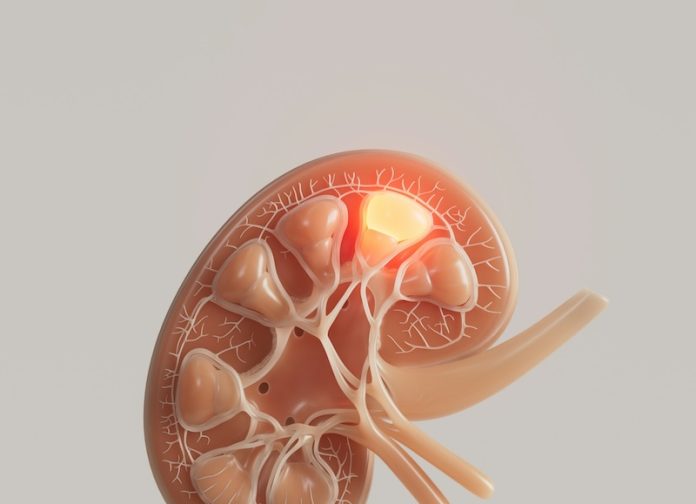
Chronic kidney disease (CKD) is a serious condition that affects how well the kidneys work. Our kidneys have an important job: they filter out waste and extra fluids from the blood, which then leave the body as urine.
When someone has CKD, their kidneys slowly lose the ability to do this properly. As a result, waste and harmful substances build up in the body, which can lead to other health issues.
CKD can be caused by several things, including high blood pressure, diabetes, and even some medications. People with CKD often feel tired, weak, lose their appetite, have trouble sleeping, or notice swelling in their legs and ankles.
But another big concern for people with CKD is that they are more likely to develop heart problems, specifically a condition known as cardiovascular disease (CVD).
Cardiovascular disease refers to issues with the heart and blood vessels. One common problem is when the blood vessels become stiff and less flexible. This can happen when minerals, like calcium, build up on the walls of the blood vessels, making it harder for them to work properly.
Scientists are trying to understand why people with CKD are at a higher risk of CVD, and one possible reason might be linked to tiny particles in the body called extracellular vesicles (sEVs).
sEVs are small particles that cells use to send messages to each other. They carry information from one cell to another, kind of like little delivery trucks. But in people with CKD, it seems that these “delivery trucks” are sending the wrong messages, which may lead to CVD.
In a recent study, scientists discovered that the sEVs in people with CKD send signals that cause problems in the walls of blood vessels.
These signals can change healthy muscle cells in the blood vessel walls into unhealthy ones, contributing to the development of heart disease. One of the harmful signals that these sEVs send is called VEGFA, which is known to play a role in causing CVD.
Scientists also found that the sEVs in people with CKD aren’t sending enough helpful messages that could protect the heart. These helpful messages come in the form of small molecules called microRNAs.
MicroRNAs can help guard against heart disease by ensuring blood vessels stay healthy. In people with CKD, the sEVs send fewer of these protective microRNAs, and at the same time, they send out too much VEGFA, which harms the blood vessels.
To see if they could reduce the risk of CVD in people with CKD, the researchers tried blocking the VEGFA signal in animals that had CKD. The results were promising: when the VEGFA signal was blocked, the animals had fewer signs of
If you care about heart health, please read studies about how eating eggs can help reduce heart disease risk, and Vitamin K2 could help reduce heart disease risk.
For more information about heart health, please see recent studies about how to remove plaques that cause heart attacks, and results showing a new way to prevent heart attacks, strokes.
Copyright © 2024 Knowridge Science Report. All rights reserved.



